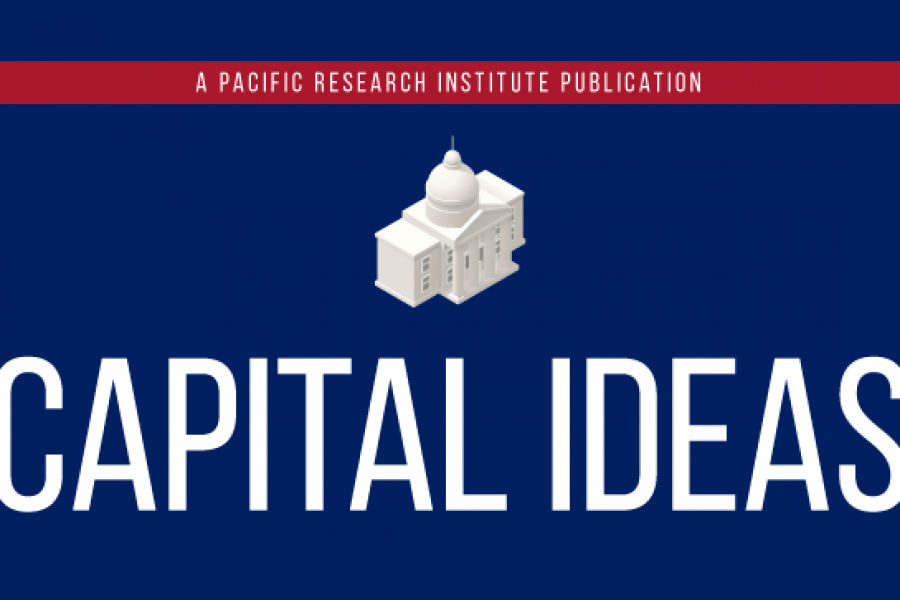A three-judge panel from the 9th Circuit Court of Appeals has ruled that California truckers who own and operate their own rigs have to be classified as employees rather than independent contractors. Will the 70,000 California drivers affected by the decision spend $200 million more to pass a ballot proposition that will free them from the constraints imposed by lawmakers?
If not, they have to hope the U.S. Supreme Court will save them.
The court overruled on April 28 the decision of U.S. District Judge Roger Benitez, who issued a preliminary injunction in January 2020 for the plaintiffs, the California Trucking Association. His order temporarily enjoined the state from enforcing “Assembly Bill 5’s ABC test … as to any motor carrier operating in California, pending the entry of final judgment in this action.”
The ABC test is a hurdle that’s virtually impossible for freelance and gig workers to meet to retain their independence. To be classified as an independent contractor, a worker:
- (A) must be free from the control and direction of the hirer in connection with the performance of the work, both under the contract for the performance of such work and in fact;
- (B) perform work that is outside the usual course of the hiring entity’s business; and
- (C) be customarily engaged in an independently established trade, occupation, or business of the same nature as the work performed for the hiring entity.
A cynic would say the test is rigged to ensure failure. So would anyone who read it.
While Benitez said he “recognizes the Legislature’s public interest in protecting misclassified workers, which it attempted to further address with AB5,” he ruled against the state in the “public interest” that is represented by Washington’s decision to deregulate the motor carrier industry. He also noted that the Constitution declared that federal law is to be supreme.
AB5, passed and signed in 2019, essentially outlawed freelance/gig work in the state. The legislation is politics in their most raw form. It was an obvious gift to struggling private-sector unions. They desperately want to organize and drain membership dues from the millions of workers across the country who rely on contract jobs for their primary and secondary income.
Some of the AB5’s bloody teeth and claws were removed last fall by Proposition 22. The initiative, which defines “app-based transportation (rideshare) and delivery drivers as independent contractors and adopts labor and wage policies specific to app-based drivers and companies,” was approved 59-41 by voters. AB5 was also diluted when Sacramento granted additional industry and professional exemptions in 2020. While it doesn’t directly negate those gains, the 9th’s ruling is still a significant setback for worker freedom.
Federal Judge Mark J. Bennett, the ruling’s lone dissenter, wrote that the California Trucking Association’s 70,000 “members will now suffer irreparable injury.” How can anyone see it any other way, when the truckers have been suddenly stripped of their livelihoods? As of the ruling, any company that hires an independent trucker is breaking the law. California owner-operators have been effectively pulled off the road.
Making matters worse and spreading the pain far outside the brotherhood of independent truckers, is the timing. The decision arrived while a severe shortfall of drivers threatens to create gas shortages, and bog down the supply chain that puts food on our tables and consumer goods in our hands. The cost of living that’s already painfully steep in California will be pushed higher still as the prices of suddenly scarce goods increase.
But wait, as the late-night television pitch man says, there’s more. The ruling creates two separate transport regions: California, and the rest of the country.
“That could mean fleets with independent contractors could begin to leave California, if they do not change the composition of their workforce by converting drivers to company employees,” according to Transportation Dive, which cited a source who said fleets are in fact already leaving the state.
Given that the rideshare companies and drivers were able to get partial relief from government intrusion through Prop 22, one wonders if the truckers would consider taking that same route. The CTA is keeping its plans quiet but has said in the past it would “push hard for a trucking carve-out” and “will take whatever legal steps are necessary to continue this fight.” Several hundred thousand independent contract workers in California, if not more, whose work hasn’t been exempted from the law are hoping the repeal of AB5 is at the top of the list of those steps.
Kerry Jackson is a fellow with the Center for California Reform at the Pacific Research Institute.


